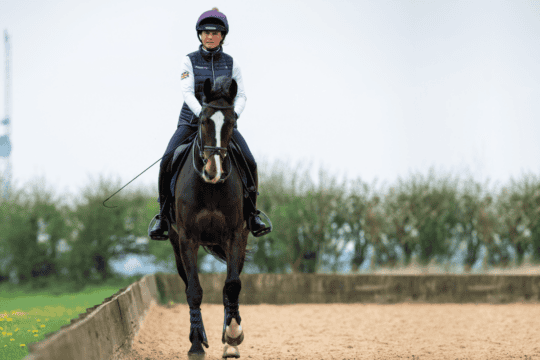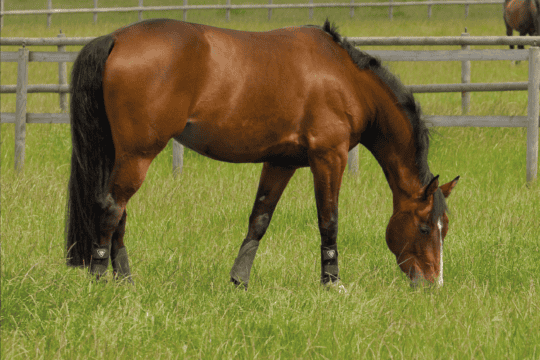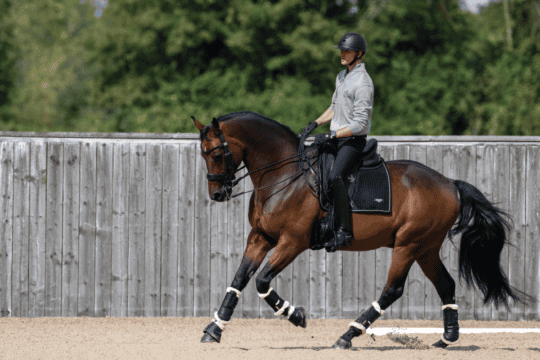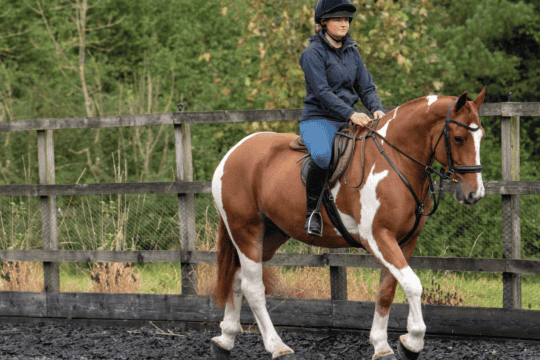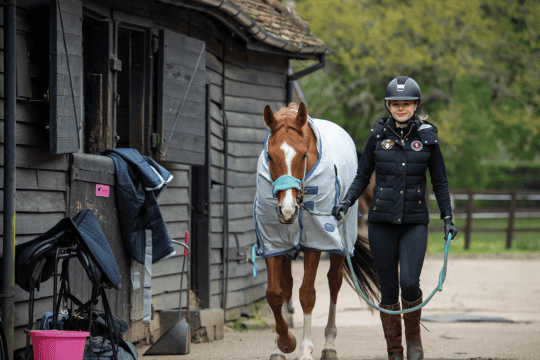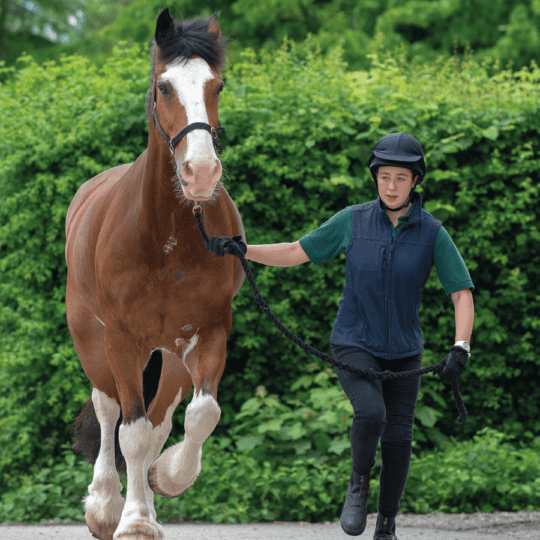Eat well and recover well
Posted 1st February 2021
You probably treat your horse like an athlete, but what about yourself? Experts from British Equestrian’s Perform Well programme share their techniques to boost your riding whatever your level
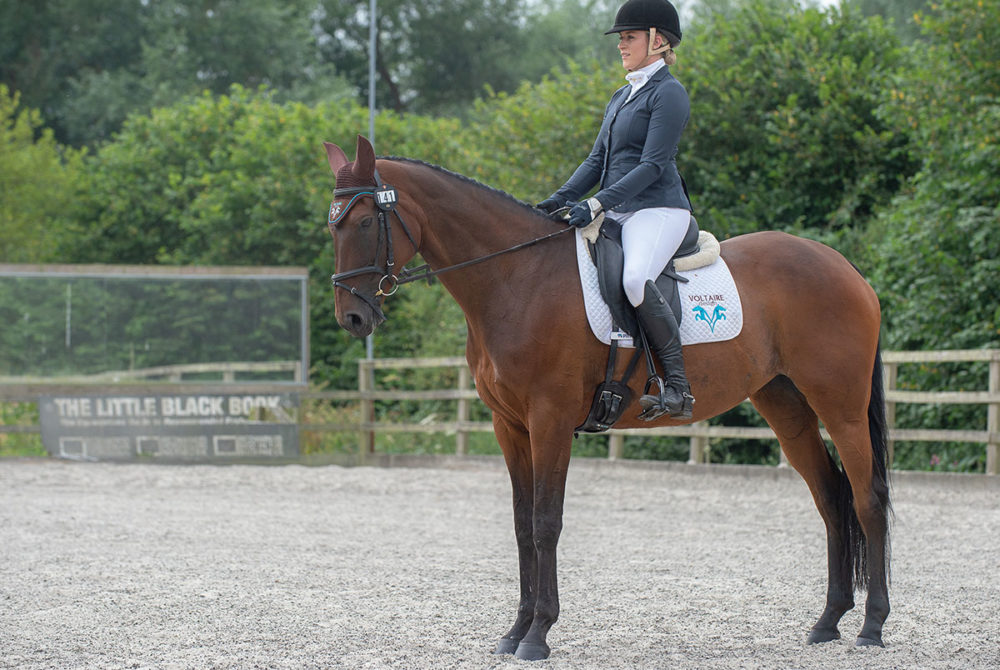
Life can often feel like a cycle of eat, sleep, ride, repeat. However, improving the quality of what you eat and how you sleep can make the riding and repeating part of the equation much easier – and more enjoyable, too.
Whether you want to perform at your best on the world stage or at a Riding Club show, it’s important to consider all the factors that come together as you enter the ring. On a physical level, something as simple as sleeping badly or skipping breakfast could mean the difference between a clear round and the poles tumbling. It could also knock your mental wellbeing – whether that’s losing confidence in your abilities, feeling stressed over what this could mean for the future or feeling upset about letting down your horse.
Luckily, there are simple steps you can take to ensure that your body’s rested and well-fuelled, meaning you’ll be in a better frame of mind every time you sit in the saddle.
The three Rs
Recovery nutrition is a fundamental part of an athlete’s diet, but you can still benefit from it if you’re riding at the lower levels. When discussing recovery nutrition, we focus on the three Rs – refuel, repair and rehydrate…
- refuel refers to carbohydrate intake, including foods such as rice, pasta, couscous and potatoes. We tend to overcompensate with carbohydrates, especially if it’s been a mentally exhausting day but, as a general rule, if it’s been a long, demanding day, about half of your plate should be carbohydrates. If it’s been lower intensity, make it a quarter, with more room for salad and vegetables
- repair refers to protein intake, which helps repair muscle tissue and promote bodily adaptations. The best sources of protein are meats, fish and eggs, or consider Quorn, tofu and beans, such as edamame, seitan and tempeh, if you prefer plant-based options. Filling a quarter of your plate with protein should provide the 30–40g you need
- rehydrate refers to replacing lost fluids. Try to drink little and often to avoid dehydration. If you do become dehydrated, opt for a fluid that’s rich in electrolytes to kickstart the hydration process. Milk is the best option due to its natural carbohydrate, protein and electrolyte content, but you could also choose water with added electrolytes
Pick up a copy of Spring Horse&Rider, on sale 4 February 2021, for more great advice on how you can eat better to help boost your riding.


